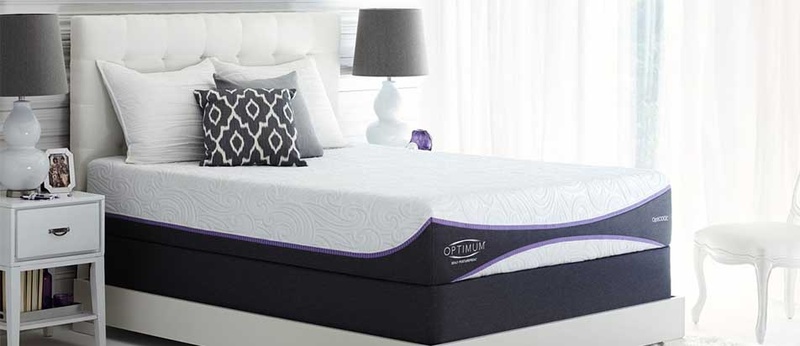|
|
|
"Safe" is a word you won't see too much in the marketing of most mattresses. Claiming a mattress is "safe" begs scrutiny from Federal regulators. What you are likely concerned about is off-gassing and how the product will affect your health. Keep in mind all synthetic foams are made with chemicals. Not all are created equally however, and there are a variety of certifications and testing facilities out there that some companies will submit their foam to. I would be very wary of any foam that does not have some 3rd party testing made public. Also, you want to be concerned with the fire barrier and with the glues they use to hold the layers together. Some companies will claim their fire barrier is safe but be reluctant to make public the ingredients. I would steer clear of any manufacturer that does not provide full transparency in their materials. Good luck!
reply
|
|
Looking at the Sealy website, "safe" isn't approached as far as what exactly is in this product. As Joe states, seek out more transparent products. Third party testing is the minimum guide to help consumers determine what may or may not constitute "safe." Since most traditional manufacturers are only interested in meeting federal safety requirements (often with the most affordable, not necessarily the best options), it is up to each consumer to do a bit of research to find those products with additional beneficial consumer information. This information will include what is in a particular foam, whether flame retardants are safe and other pertinent information. It is certainly important to compare organic and eco-friendly products with more traditional, mainstream offerings. More research will help show differences in quality and purity. |
|
If you are looking for foams that meet some Green specifications, check out CertiPur certification. There are a few brands out there that make memory foam beds that are CertiPur certified. |











































 Related Video Reviews
Related Video Reviews



